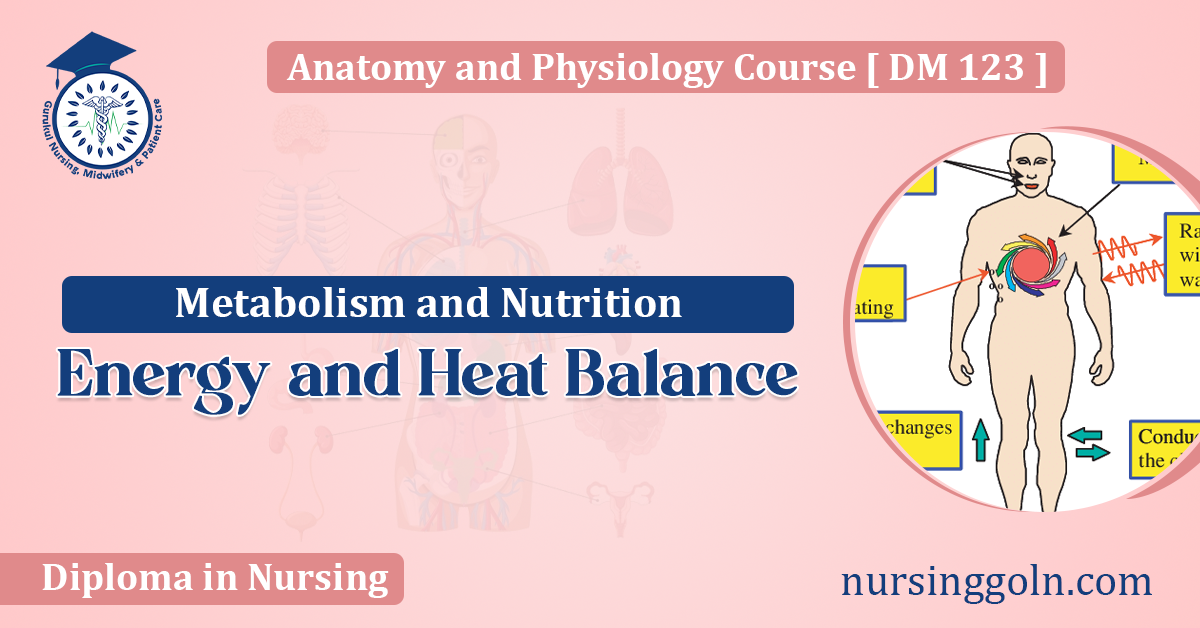Today our topic of discussion is ” Energy and Heat Balance “. Energy balance is a fundamental concept that lies at the core of metabolism and nutrition, pivotal in understanding how the body maintains its physiological functions and supports life. It represents the intricate equilibrium between energy intake, through the food consumed, and energy expenditure, through the basal metabolic rate, physical activity, and the thermic effect of food.
This balance is not just about the calories; it is about the quality of those calories, the timing, and how they interact with individual metabolism. This article endeavors to dissect the components of energy balance, elucidate the role of heat in maintaining this balance and explore the implications of energy and heat balance in health and disease management.
Energy and Heat Balance : Metabolism and Nutrition
Energy Intake: The Fuel of Life
Macronutrients and Caloric Density
Energy intake comes from the consumption of macronutrients: carbohydrates, proteins, and fats. Each macronutrient has a different caloric density, affecting total energy intake.
Dietary Choices and Energy Sources
The quality of consumed macronutrients, the proportion in which they are eaten, and their bioavailability contribute significantly to the body’s energy dynamics.
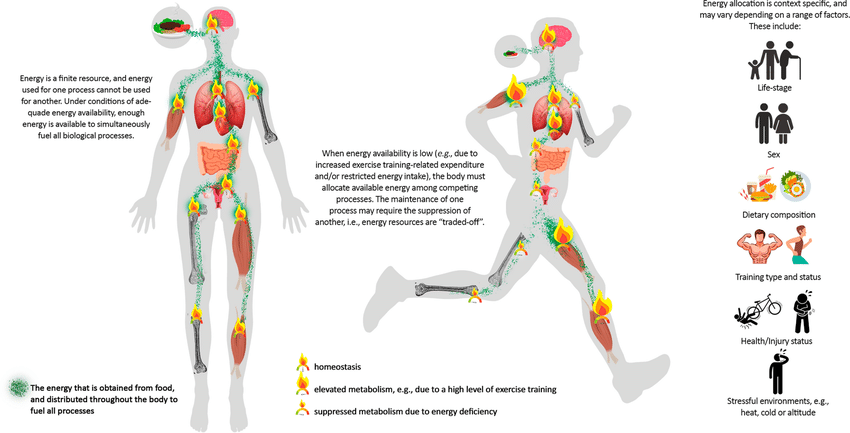
Basal Metabolic Rate (BMR): The Energy for Existence
BMR and Energy Expenditure
BMR represents the amount of energy expended while at rest, accounting for the largest portion of daily energy expenditure. Factors influencing BMR include age, sex, genetics, and body composition.
Measuring BMR and Its Implications
Accurate assessment of BMR is crucial for understanding individual energy needs. Methods to measure BMR, such as indirect calorimetry, provide insights into metabolic health.
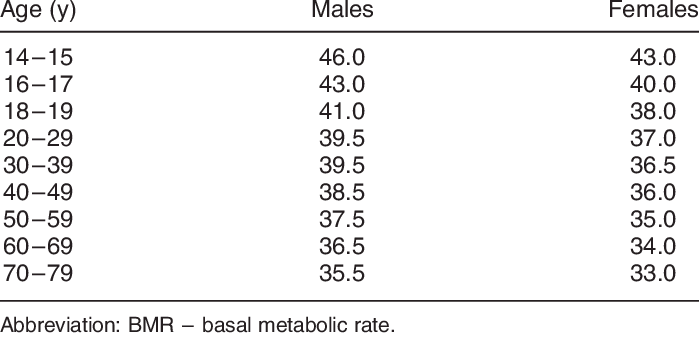
Thermic Effect of Food (TEF): The Cost of Processing Nutrients
TEF and Macronutrient Metabolism
TEF refers to the energy required to digest, absorb, and assimilate food nutrients. Protein has a higher TEF compared to carbohydrates and fats, influencing the overall energy expenditure.
Nutrient Timing and TEF
The timing of nutrient intake can modulate TEF, with potential implications for weight management strategies and metabolic optimization.
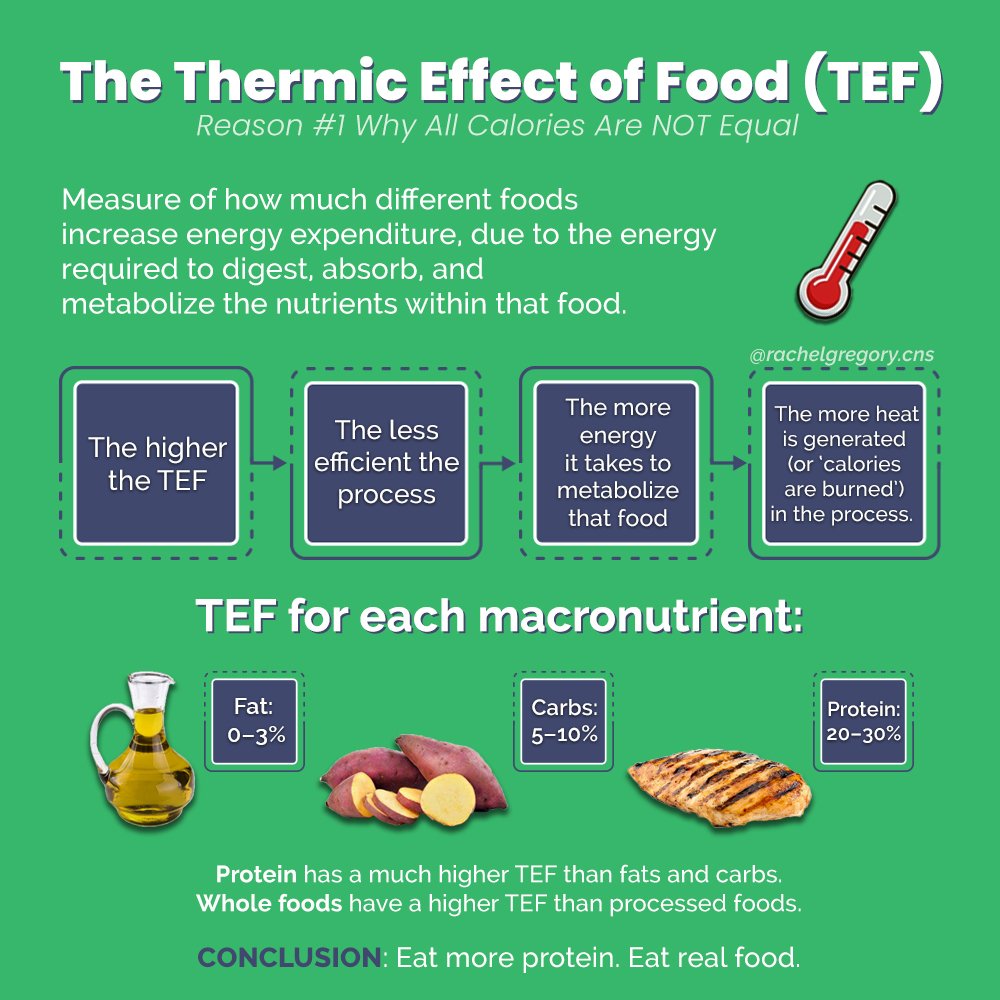
Physical Activity: The Variable Energy Component
Exercise and Energy Expenditure
Physical activity dramatically increases energy expenditure. The intensity, duration, and type of activity influence how much energy is expended beyond the resting level.
Sedentary Behavior and Energy Balance
The rise in sedentary lifestyles contributes to lower overall energy expenditure, with significant consequences for health and disease.
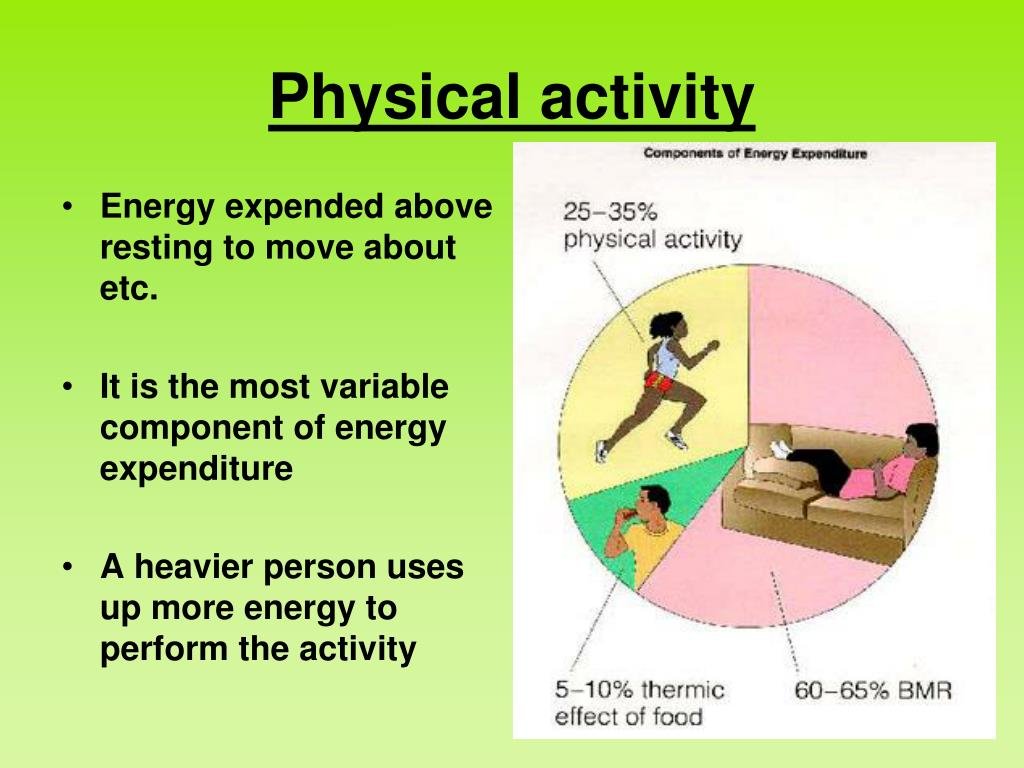
Heat Balance and Thermoregulation
The Role of Heat in Energy Metabolism
The body’s metabolism generates heat as a byproduct, playing a crucial role in thermoregulation and maintaining core body temperature.
Adaptive Thermogenesis
Beyond basal metabolic rate and physical activity, the body can also increase energy expenditure through non-shivering and shivering thermogenesis in response to cold environments or overfeeding.
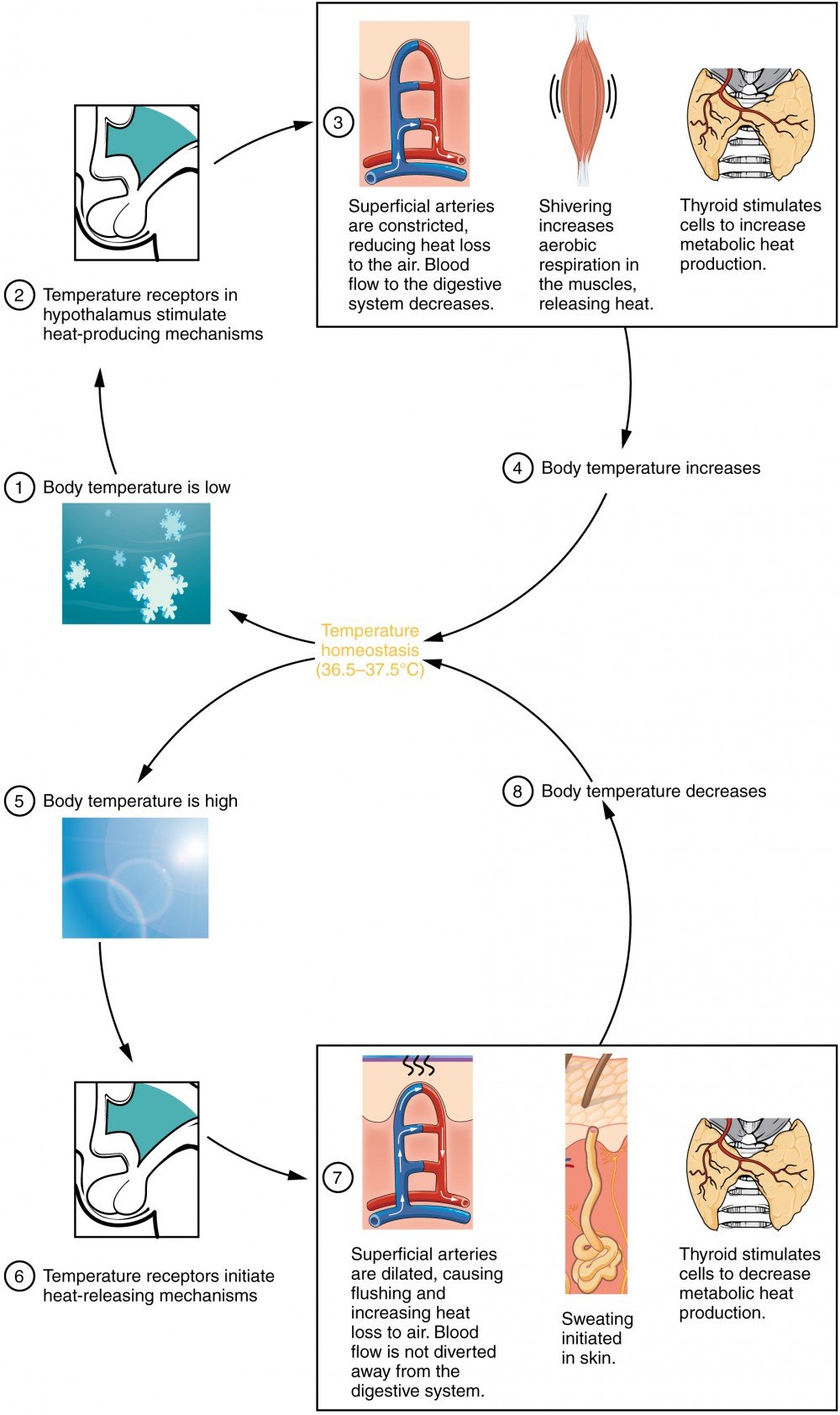
Energy Imbalance and Health
Obesity: The Outcome of Positive Energy Balance
A chronic positive energy balance, where energy intake exceeds expenditure, leads to weight gain and obesity, a major risk factor for various metabolic diseases.
Undernutrition: The Negative Energy Balance
Conversely, a negative energy balance, often seen in malnutrition, can lead to weight loss, muscle wasting, and a compromised immune system.

Heat Balance Disorders
Hyperthermia and Hypothermia
Abnormalities in heat balance can lead to hyperthermia or hypothermia, conditions that occur when the body cannot effectively regulate its temperature.
Heat-Related Illnesses
Excessive heat exposure and inadequate hydration can result in heat-related illnesses, such as heat cramps, heat exhaustion, and heatstroke.
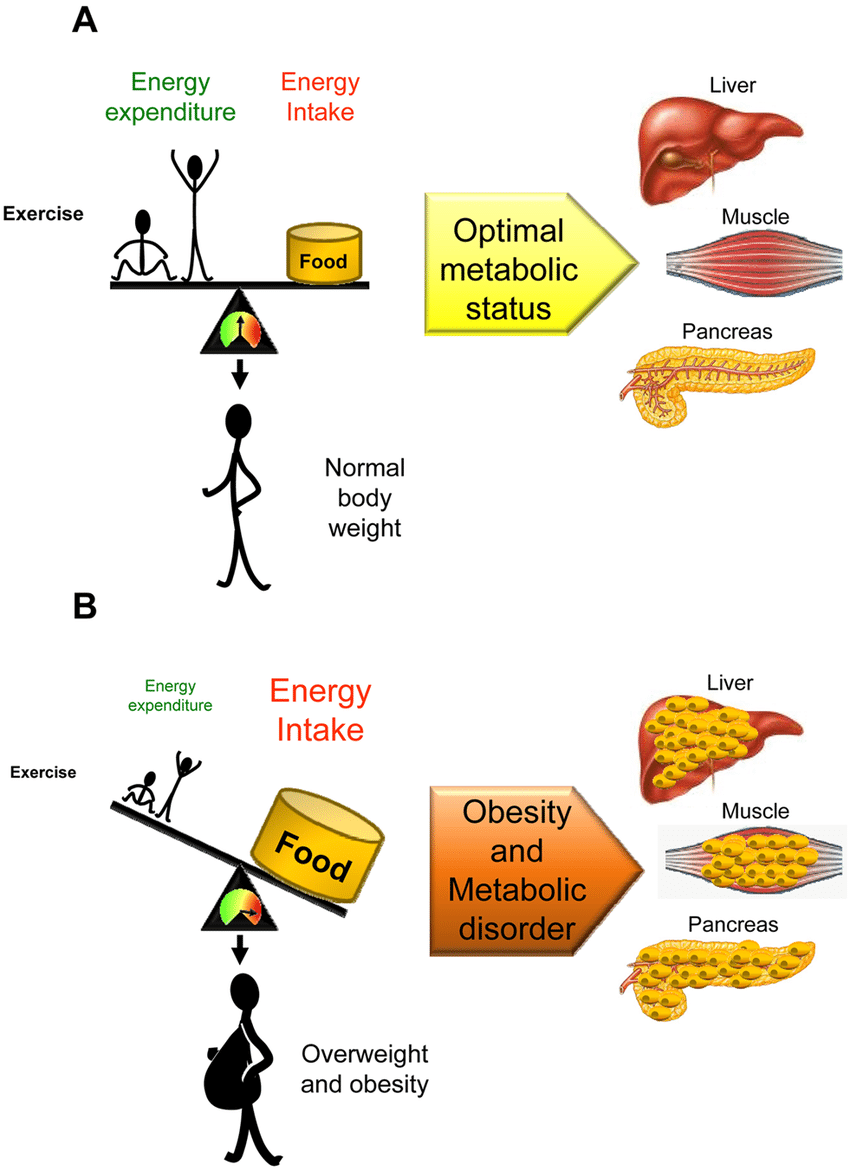
Nutritional Strategies for Optimizing Energy and Heat Balance
Macronutrient Manipulation for Thermogenesis
Adjusting macronutrient intake can affect thermogenesis and overall energy expenditure, with potential applications in weight management and metabolic syndrome treatment.
Timing and Composition of Meals
The strategic timing and composition of meals can optimize energy balance and thermogenesis, contributing to improved metabolic outcomes and athletic performance.
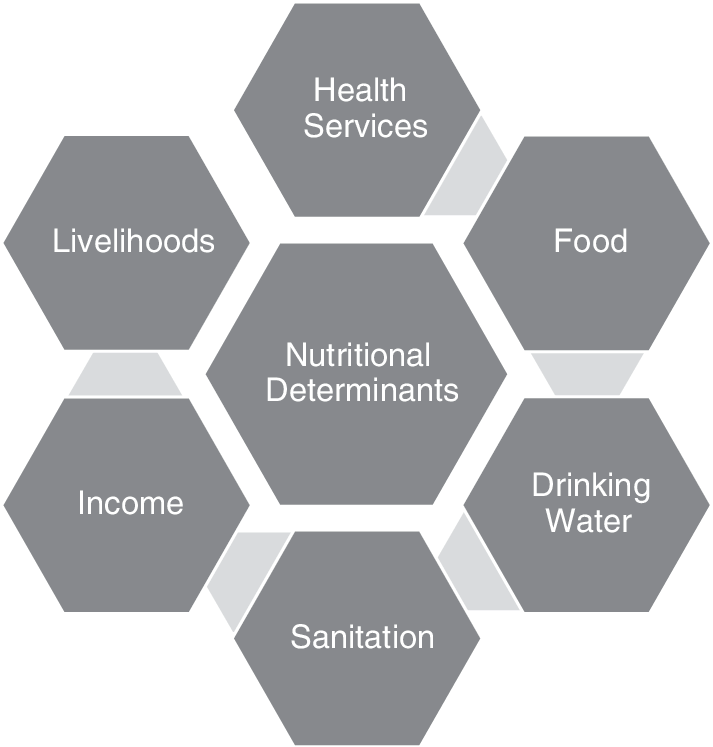
The Future of Energy Balance: Precision Nutrition
Personalized Nutrition and Metabolic Typing
Emerging research in personalized nutrition suggests that individual metabolic typing can guide dietary recommendations for better health outcomes.
Technology and Energy Balance Monitoring
Advances in wearable technology and artificial intelligence offer new possibilities for real-time monitoring and management of energy balance.
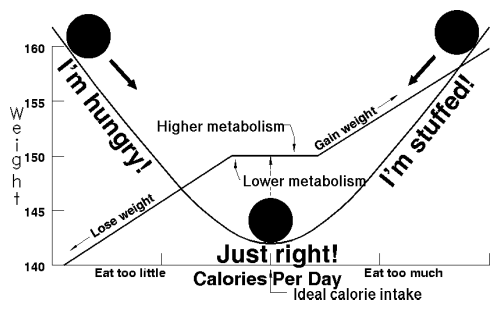
Conclusion
Energy and heat balance are fundamental to the functioning of human metabolism and have profound implications for nutrition and health. Understanding and managing these elements is crucial for disease prevention, optimal performance, and overall well-being. As research in metabolism and nutrition advances, personalized approaches to diet and activity are likely to become more prevalent, aiding in the precise management of energy and heat balance for individual health needs.
Read more:
